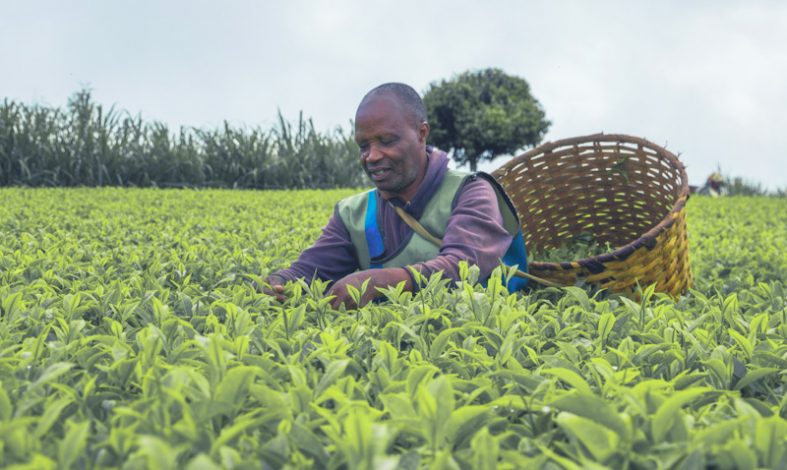The Kenyan economy plunged at an unprecedented rate in the second quarter of the year as Covid-19 pandemic hit the service sector.
The gross domestic product, the economy’s total output of goods and services, fell at a rate of 5.7%, compared with growth of 4.9% in the three months through March and expansion of 5.3% in the same period a year earlier, the Kenya National Bureau of Statistics.
“Although Kenya was somehow spared the severe effects of the COVID-19 pandemic in the first quarter of 2020, the country bore the brunt of the disease in the second quarter of 2020.”
“The poor performance in the quarter was characterized by substantial contractions in accommodation and food services, education, taxes on products, and transportation and storage, which consequently occasioned the significant downturn,” the KNBS said.
According to KNBS, overall performance during the review quarter was cushioned from a deeper slump by growths in Agriculture, Forestry and Fishing activities (6.4%); Financial and Insurance activities (4.2%); Construction (3.9%); Health Services (10.3%); Public Administration (5.7%); Real Estate Activities (2.2%) and Mining and Quarrying activities (10.0%).
READ
Scope Markets in their recent report indicates that Kenya’s economy is expected to bounce at almost 2% in 2020 driven by improved agricultural performance as export markets open up with the easing of Covid-19 restrictions.
This improved performance is expected to impact the entire value chain positively considering the dominance of agriculture as a key sector in the Kenyan economy.
Kenya is also the world’s leading exporter of black tea and cut-flowers. Agriculture is key to Kenya’s economy, contributing between 27 percent to 33 percent of the Gross Domestic Product (GDP) and another 27 percent of GDP indirectly through linkages with other sectors. The sector employs more than 40 percent of the total population and more than 70 percent of Kenya’s rural dwellers.
Scope markets note that the performance of East Africa’s biggest economy is expected to improve significantly with a 17 percent increase in tea export earnings to US$ 850 million (Ksh9.1 billion) in the first eight months of 2020. Flower exports are also recovering as European markets ease lockdowns, which is critical considering the European market accounts for 70 percent of Kenya’s cut-flower exports.






